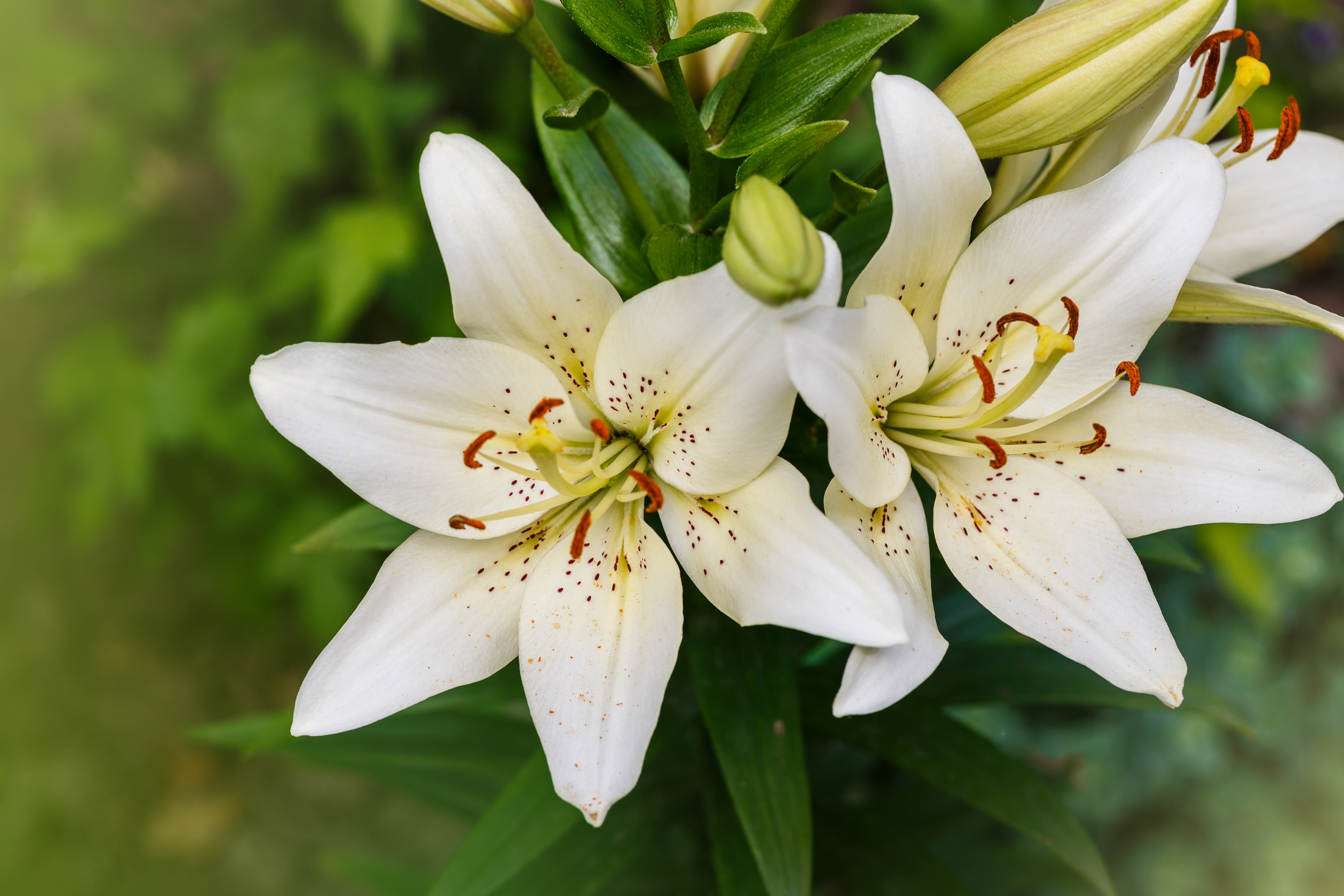
Anyone who owns a pet will know that dogs and cats, especially young ones, have a bad habit of eating anything and everything. As well as the variety of human foods that are unsafe for pets to eat, there are also a number of common plants that can make animals seriously ill. Here’s a list of the most common plants that you should keep animals away from. Be aware that this list contains only a small portion of toxic plants, so be sure to do your research before introducing any plant to a garden that is accessible to pets.
Remember, if you suspect your pet has eaten a toxic plant, take them to the vet immediately along with a sample of the plant if possible.
Tomato plant – eating tomato plants will cause your pet a great deal of discomfort. Symptoms may include hypersalivation, inappetence, severe gastrointestinal upset, diarrhea, drowsiness, CNS depression, confusion, behavioral change, weakness, dilated pupils and slow heart rate.

Yew – the bark and leaves of this popular evergreen can be very dangerous to animals. Horses have an especially low tolerance. Early symptoms of yew ingestion include vomiting, muscle tremors, loss of coordination, abnormal breathing and seizures. Ingestion can also cause significant gastrointestinal irritation and cardiac failure, which can result in death.
English ivy - there is a higher concentration of the toxin in the leaves than the berries. Symptoms include vomiting, abdominal pain, drooling and diarrhoea.
Lilies – although they are lovely to look at, lilies are extremely dangerous for cats. Many types of lily can cause kidney failure in cats. Curiously, lilies are not toxic to dogs.

Oleander – symptoms of ingestion can include gastrointestinal tract irritation causing drooling, vomiting, diarrhoea (may be bloody), loss of coordination, shallow breathing, muscle tremors, hypothermia and even death from abnormal heart function.
Begonia – this popular plant is toxic to both cats and dogs. Symptoms may include oral irritation, intense burning and irritation of mouth, tongue and lips, excessive drooling, vomiting and difficulty swallowing.
Wandering jew – this weed is very common,especially in moist, shady areas. Although dogs will love to lie on it due to its cooling nature, it will cause an allergic reaction in almost all dogs. A rash and callused areas of skin will form on the ‘elbows’, groin, stomach, under the chin and any area that the dog rests on.
Tulips – the bulb of the tulip has the highest levels of toxins, so if your dog digs, make sure it isn’t around an area where tulips have been planted. Symptoms can include gastrointestinal irritation, drooling, loss of appetite, depression of the central nervous system, convulsions and cardiac abnormalities.

Hi there,
Would you like to receive home decor
ideas and DIY tips to your inbox?
Subscribe to our mailing list!

